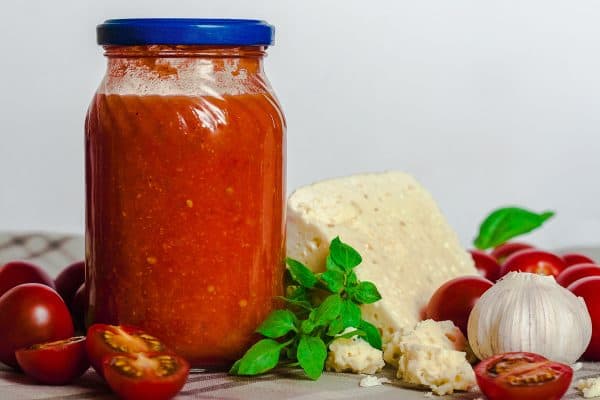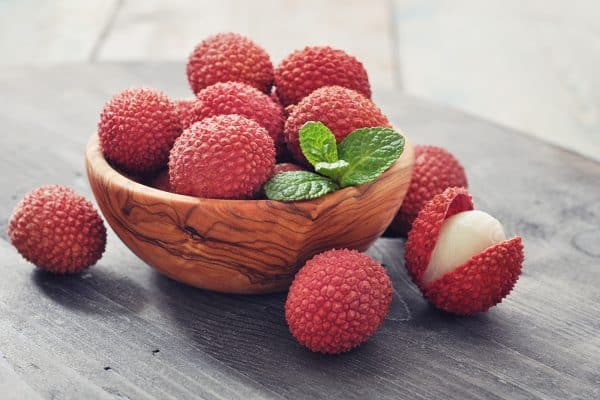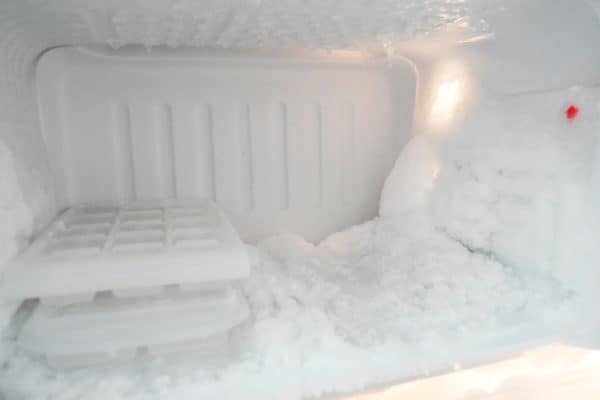You can use bamboo shoots, and water chestnuts in many dishes. Like most other vegetables, purchase them fresh or canned. Wondering if you can freeze them both? Well, we’re here to help you as we extensively research this topic.
You can freeze bamboo shoots and water chestnuts for up to 5 and 6 months, respectively.
- Bamboo shoots are not recommended to freeze fresh uncooked or canned but you can freeze freshly cooked bamboo shoots.
- You can freeze water chestnuts raw or cooked, before or after peeling.
In this article, we will thoroughly discuss both vegetables, particularly their freezing capabilities. We will share with you their ways of freezing and the differences between fresh and canned. More input ahead, so keep on reading.
NOTE: WE MAY GET A COMMISSION IF YOU DECIDE TO MAKE A PURCHASE THROUGH THESE LINKS. THERE'S ADDITIONAL NO COST TO YOU. CHECK THE BOTTOM OF THE PAGE FOR MORE INFORMATION.
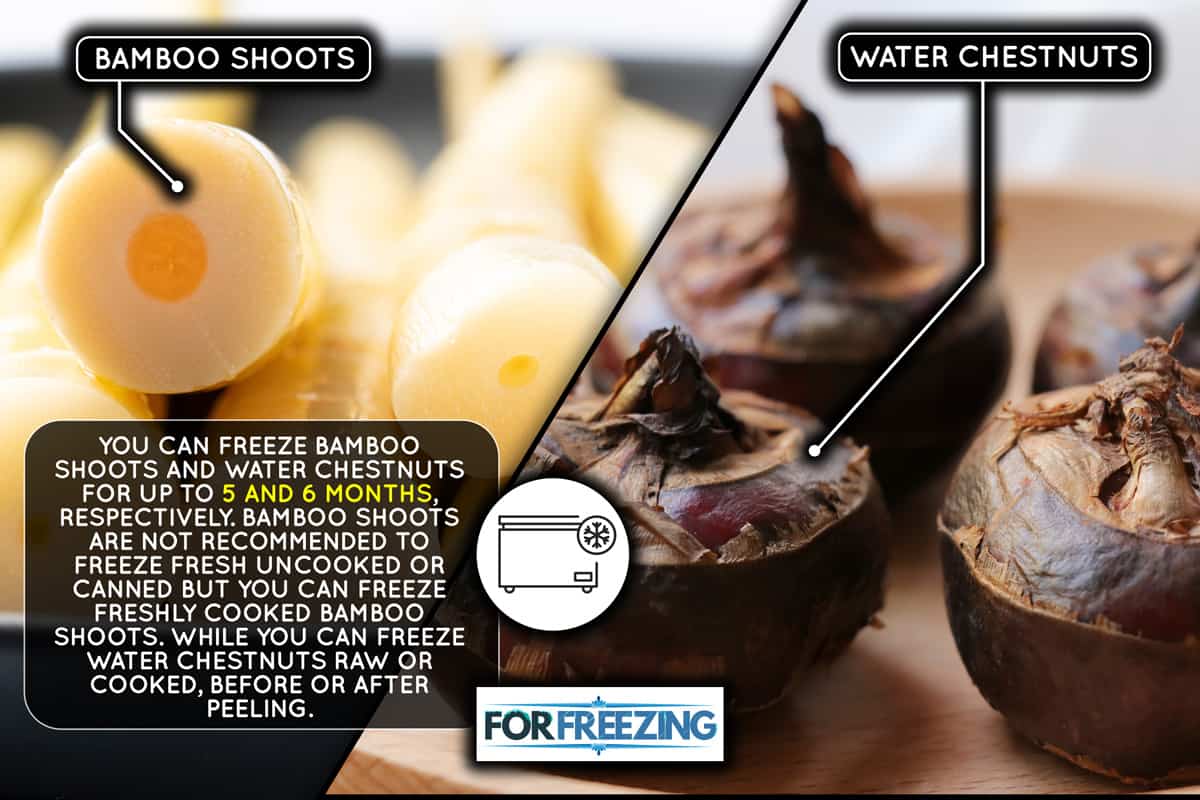
Bamboo Shoots & Water Chestnuts: What Are They?
Bamboo Shoots
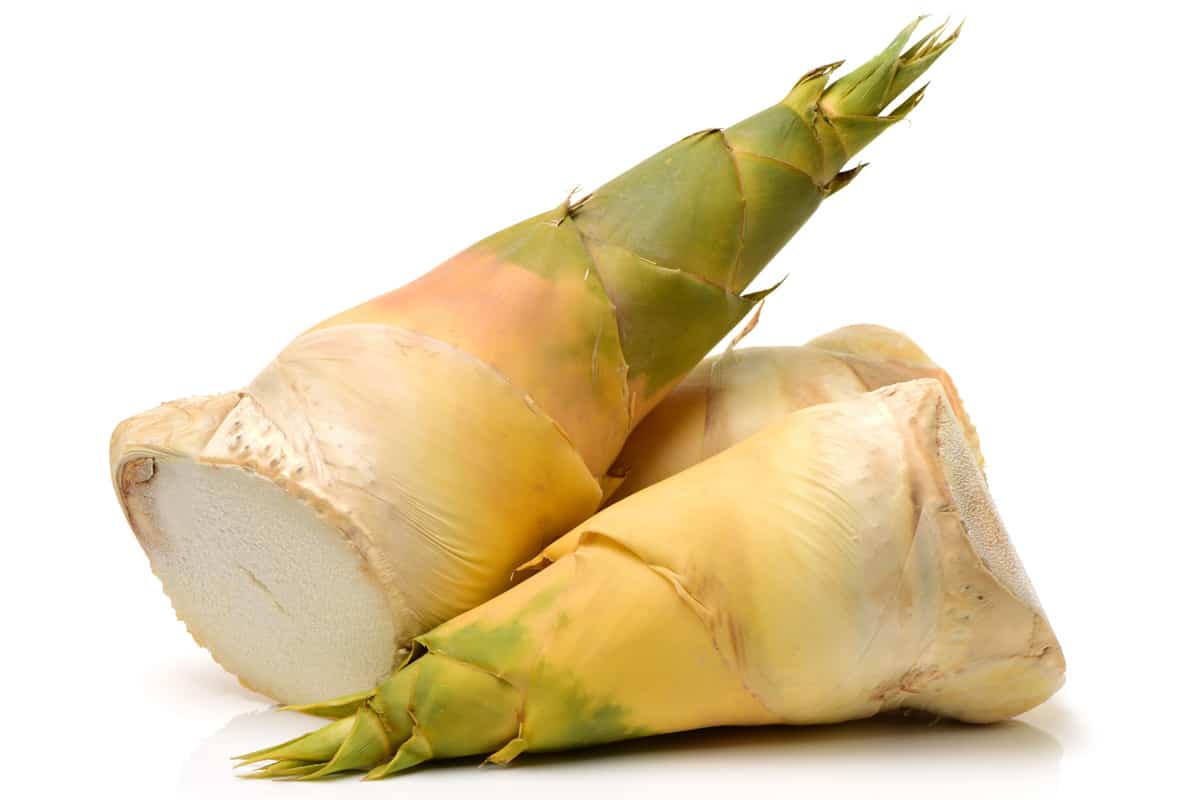
Bambusa, the Latin name for bamboo, is a species of a grass plant. It is the plant with the fastest growth rate from the lignified soil, the fragile sprouts emerge.
The maximum height of a shoot is 99 feet. The leaves have short petioles and are lanceolate. They have a greyish-blue color and resemble young, enormous corn cobs sticking out of the ground in appearance.
It's intriguing because the multi-flowered spikelets only appear once in a lifetime, following which the entire group of plants dies off and regenerates from the seeds and roots that have been stored.
Nearly all subtropical and tropical areas with humid environments are home to bamboo.
Water Chestnuts
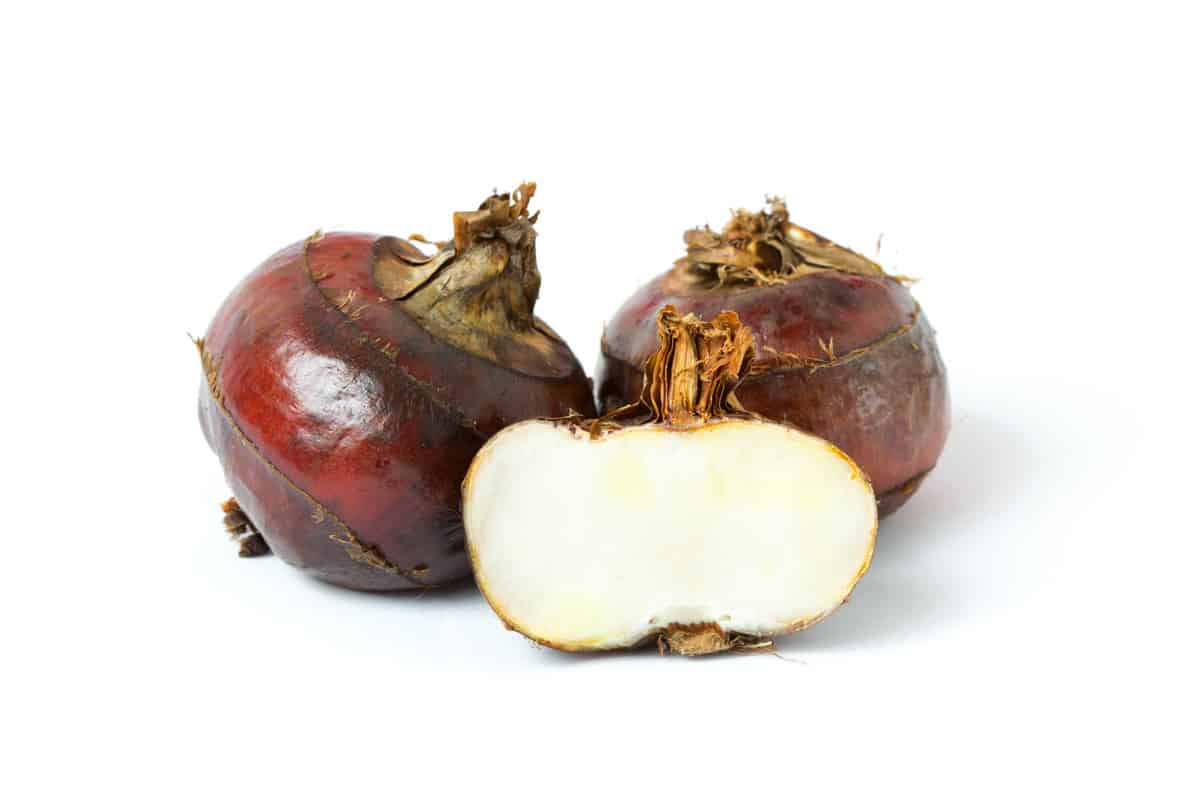
Asian nations like China, India, the Philippines, and Japan are home to the water chestnut, also referred to as the Chinese water chestnut.
Australia, tropical Africa, and a few islands in the Pacific and the Indian Ocean also support the growth of the water chestnut.
Water chestnuts are not nuts, despite their name. Actually, it's a type of aquatic vegetable that is frequently raised underwater in muddy and marshy environments.
The term "water chestnut" is generally used to refer to the small, spherical corms that are cut from the plant and eaten cooked or raw, even though the term refers to the entire plant.
In Asia, water chestnut corms are frequently utilized as compost, mulch, and feed for cattle. Chinese foods like stir-fries and chop suey frequently use water chestnuts.
Can You Freeze Bamboo Shoots And Water Chestnuts?
Frozen Bamboo Shoots
Bamboo shoots can be frozen, but only after they have been cooked. Because of their texture, raw bamboo shoots lose their texture and flavor quickly when frozen. Cooking them first helps to preserve their quality.
Raw bamboo shoots also contain toxins. This toxin can kill a human, but it can make you sick if you eat it.
The toxin will gradually be released from the bamboo shoots as it freezes. Toxins can be removed from bamboo shoots by cooking them first.
Frozen Water Chestnuts
Yes, you can freeze water chestnuts. However, like many vegetables, water chestnuts have a high water content, so freezing them isn't a good idea.
While you can freeze water chestnuts, the texture will be affected. Water chestnuts are often softer and lose some or all of their crunchiness after being defrosted.
They keep quite well in the refrigerator, so freezing should only be used as a last resort if you won't be using them and don't want them to go to waste. Water chestnuts in cans do not freeze well and become very mushy after freezing.
How To Freeze Bamboo Shoots And Water Chestnuts?
Freezing Tips: Bamboo Shoots
Bamboo shoots are relatively simple to freeze, but they must be cooked first. This ensures that they are not only ready to use, but also that they retain their texture in the freezer. Here's how to freeze bamboo:
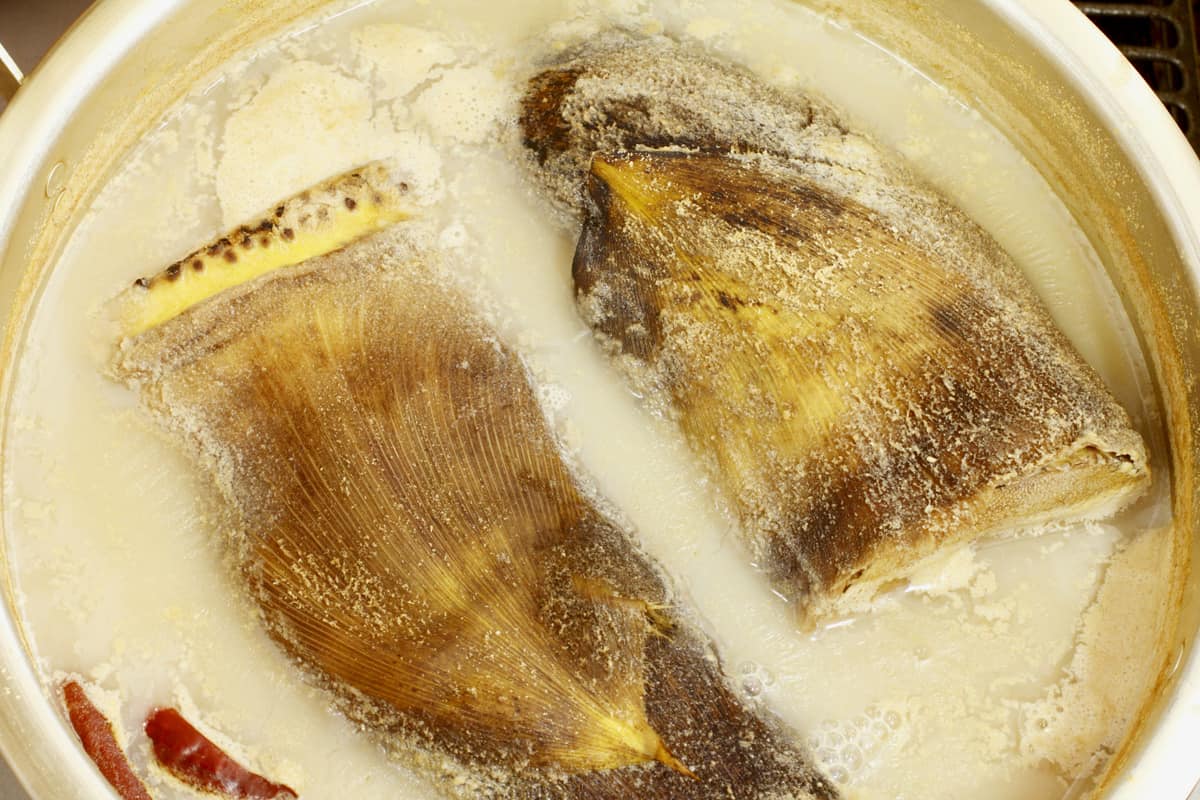
1. Cook
Trim the excess leaves and fibrous outer layers from fresh bamboo shoots, but keep the tender leaves because they are edible. Cook the shoots for about 20 minutes, uncovered, in boiling, salted water.
2. Slice
Slice the bamboo shoots into your dish of choice if used in a dish.
3. Wrap
Wrap your cooked bamboo shoots in cling film and then a layer of foil to keep them airtight and prevent freezer burn.
4. Freeze
Place in the freezer and keep frozen for up to 5 months.
Freezing Tips: Water Chestnuts
Freezing water chestnuts is an excellent way to keep them for a longer period of time. So, if you've been out in nature picking water chestnuts, you can keep them for much longer by freezing them.
The good news is that freezing them is a simple process, as demonstrated below:
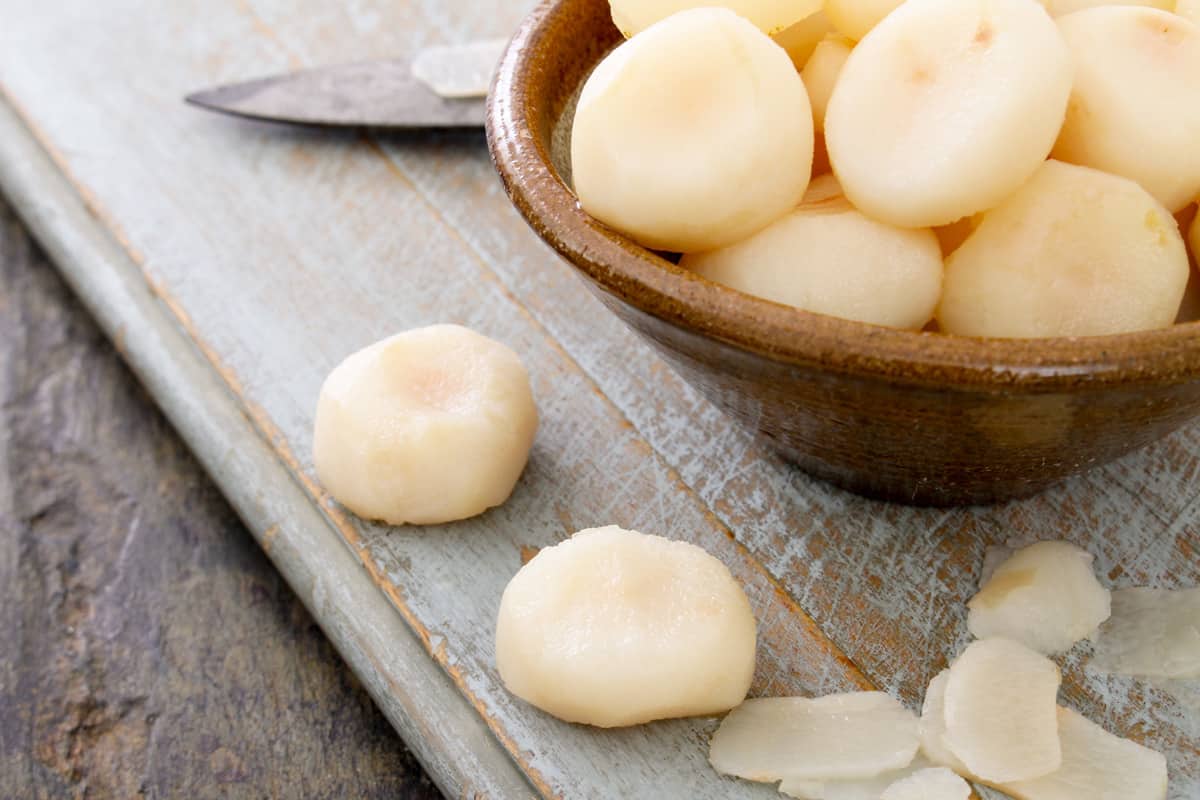
1. Rinse & Dry
The first thing you do is rinse your water chestnuts. Place them in a colander and run them under cold water for about 30 seconds. Rinse them, then pat them dry with a paper towel before putting them aside.
2. Peel
You can peel the water chestnuts before freezing them if you want, but this depends on how you intend to use them. If you don't want to, you don't have to peel them. So, this step is optional.
3. Bag
Fill a freezer-safe bag or container halfway with water chestnuts. Leave about an inch of space at the top of the bag and press out as much air as possible before sealing it.
4. Label & Freeze
Put the water chestnuts in the freezer after writing the date and the use-by date on the front of the bag. Remember that water chestnuts can be frozen for up to six months.
How To Defrost Bamboo Shoots And Water Chestnuts?
Thawing Bamboo Shoots
Simply take the frozen bamboo shoots out of the freezer and let them defrost in the refrigerator before using them in a recipe.
Doing this overnight is recommended. Once thawed, you can slice bamboo as fresh in your favorite dishes.
Otherwise, soak them in cold water for around 30 minutes then boil them until the appropriate texture is achieved. After boiling, you can either eat bamboo shoots or continue to prepare them in a variety of ways, such as frying.
Thawing Water Chestnuts
Water chestnuts are quite easy to defrost when you're ready to utilize them. They will thaw in a few hours if you simply leave them on the counter.
You can hasten the process by soaking them in warm water for an hour or until they are completely defrosted if necessary.
You could also store your water chestnuts in the refrigerator for the night. By doing this, they will retain all of their nutritional value.
As long as the water chestnuts are still scrumptious and safe to eat after thawing out, you can re-freeze them. Water chestnuts are a fantastic source of fiber, providing 12% of the daily fiber guideline for women and 8% for males.
According to research, consuming a diet high in fiber may preserve gut health, reduce blood cholesterol, and manage blood sugar levels.
Carbohydrates make up the majority of the calories in water chestnuts. However, due to its high water content (74%), raw water chestnuts are often low in calories.
Bamboo Shoots & Water Chestnuts: What Is The Difference Between Fresh & Canned?
Bamboo Shoots
The sprouts are merely fresh bamboo buds that have been picked before they develop into hard, fibrous tissue. They are typically offered in fresh and canned form.


Check out this canned bamboo shoot on Amazon.
The fresh ones, which are frequently sold whole, are ideal for frying. Canned ones are pre-cooked and packed in water. Shoots that are offered whole, chopped, or sliced in a can are available.
It is suggested to use grated ones if you plan to make a sour and spicy soup. Of course, using fresh ones is the greatest choice in terms of health. This is because they preserve all the beneficial nutrients inside.
Water Chestnuts
Both fresh and canned water chestnuts are offered for sale, but canned is considerably more widely available.


Check out this canned water chestnut on Amazon.
But it's worth looking for fresh water chestnuts because they have a sweeter flavor, are quite crisp, and have a slightly juicy finish. For meals where water chestnuts are the main element, use fresh ones.
Although they could have a similar texture, water chestnuts in cans are flavorless. The price of fresh water chestnuts is higher than that of canned.
Conclusion
When properly prepared, bamboo shoots can keep for up to five months in the freezer. However, it is recommended to utilize fresh bamboo whenever feasible or to use the canned varieties, which also have a long shelf life.
If you think you'll be able to consume the peeled bamboo quickly, this is also a choice. You can keep it in the refrigerator for up to a month.
While water chestnuts typically freeze very well. Knowing that you can freeze them raw, cooked, peeled, or unpeeled gives you a lot more culinary freedom.
Water chestnuts that you have personally selected or that have been pre-packaged at the grocery store can both be frozen. In general, water chestnuts freeze very well.
Check out some other freezing topics below.

